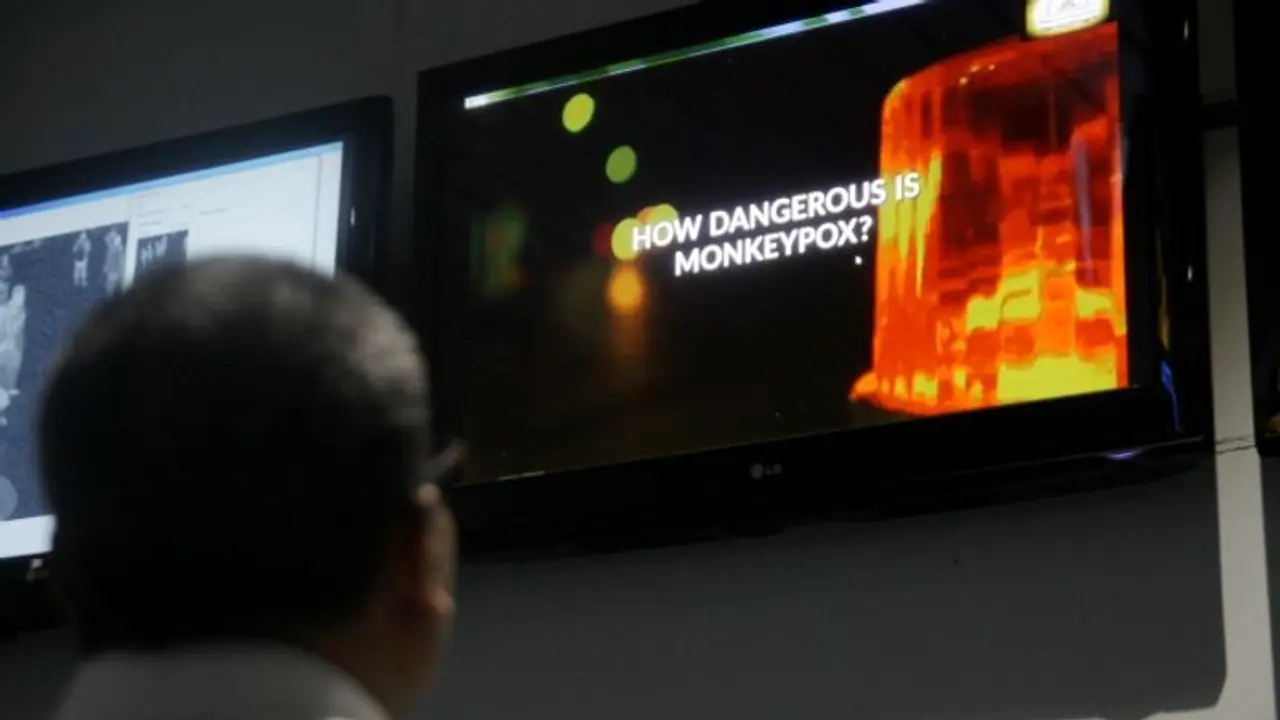As the world continues to combat Coronavirus and its evolving variants, a new viral infection has been reported in China.
As the world continues to combat Coronavirus and its evolving variants, a new viral infection has been reported in China.

According to China CDC Weekly, a Beijing-based 53-year-old veterinary surgeon was infected with the Monkey B Virus after he dissected two dead monkeys in early March.
The doctor started experiencing nausea, vomiting and a few days later, fever and neurological symptoms followed.
The report further revealed that the patient visited several hospitals but eventually passed away on May 27.
Around mid-April, researchers collected several specimens, including blister fluids, blood, nasal swab, to identify the infections.
The samples were rushed to the National Institute for Viral Disease Control and Prevention (IVDC). The lab conducted four sets of RT-PCR, and the sample tested positive only for BV.
Further, the Weekly stated that the virus might pose a threat to veterinarians, animal care personnel or laboratory researchers.
Here's all that you should know about the Monkey B Virus:
* Monkey BV, an alphaherpesvirus enzootic in macaques, was initially isolated in 1932.
* A US National Library of Medicine report states that the virus attacks the central nervous system when transmitted to humans.
* The initial symptoms usually develop around 1-3 weeks after being exposed to the virus.
* Found among macaque monkeys; it is largely present in the saliva, urine, brain or spinal cord tissue of the animal.
* It exhibits flu-like symptoms like fever, muscle ache, chills, fatigue and headache. The patient might develop blisters.
* Other symptoms include shortness of breath, abdominal pain, nausea and vomiting.
* Monkey B Virus has a fatality rate of 70 per cent to 80 per cent.
* The Monkey B Virus can be transmitted through direct contact and exchange of bodily secretions.
* The only way to treat the virus is through timely antiviral intervention. Otherwise, there is no vaccine available to fight the virus.
* As the disease worsens, the virus may lead to swelling of the brain and spinal cord, resulting in neurological and inflammatory symptoms, problems with muscle coordination, brain damage and severe damage to the nervous system, eventually leading to death.
* The United States Centers for Disease Controls and Prevention (CDC) claims that this virus has infected only 50 people since 1932, and only 21 passed away. It further claims that it's an extremely rare disease.
After China's case, there have been no reports of human transmission so far. The 50 people who were infected in 1932 were bitten or scratched by a monkey or when tissue or fluids from the animal got on their open skin.
